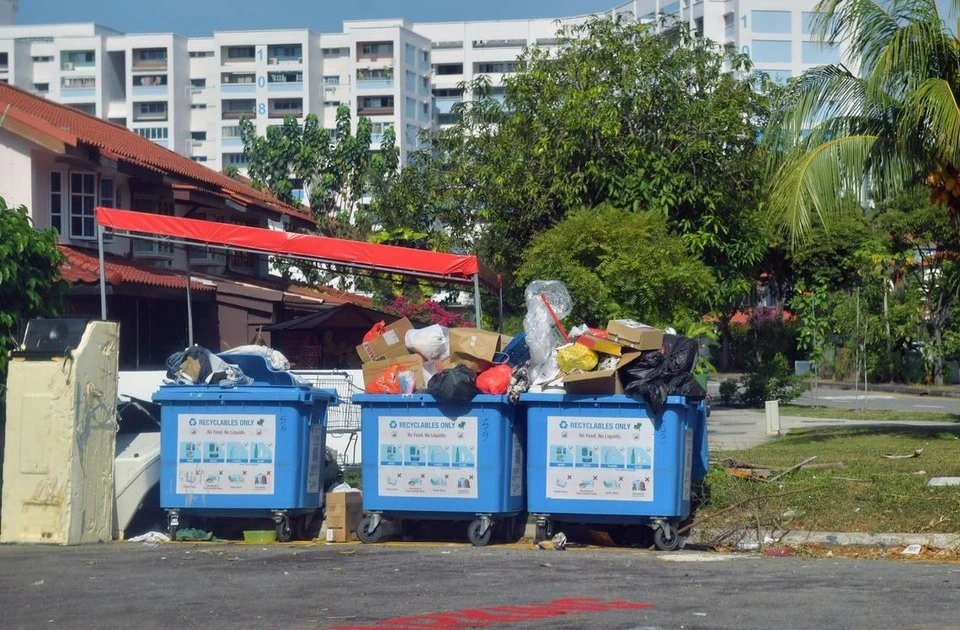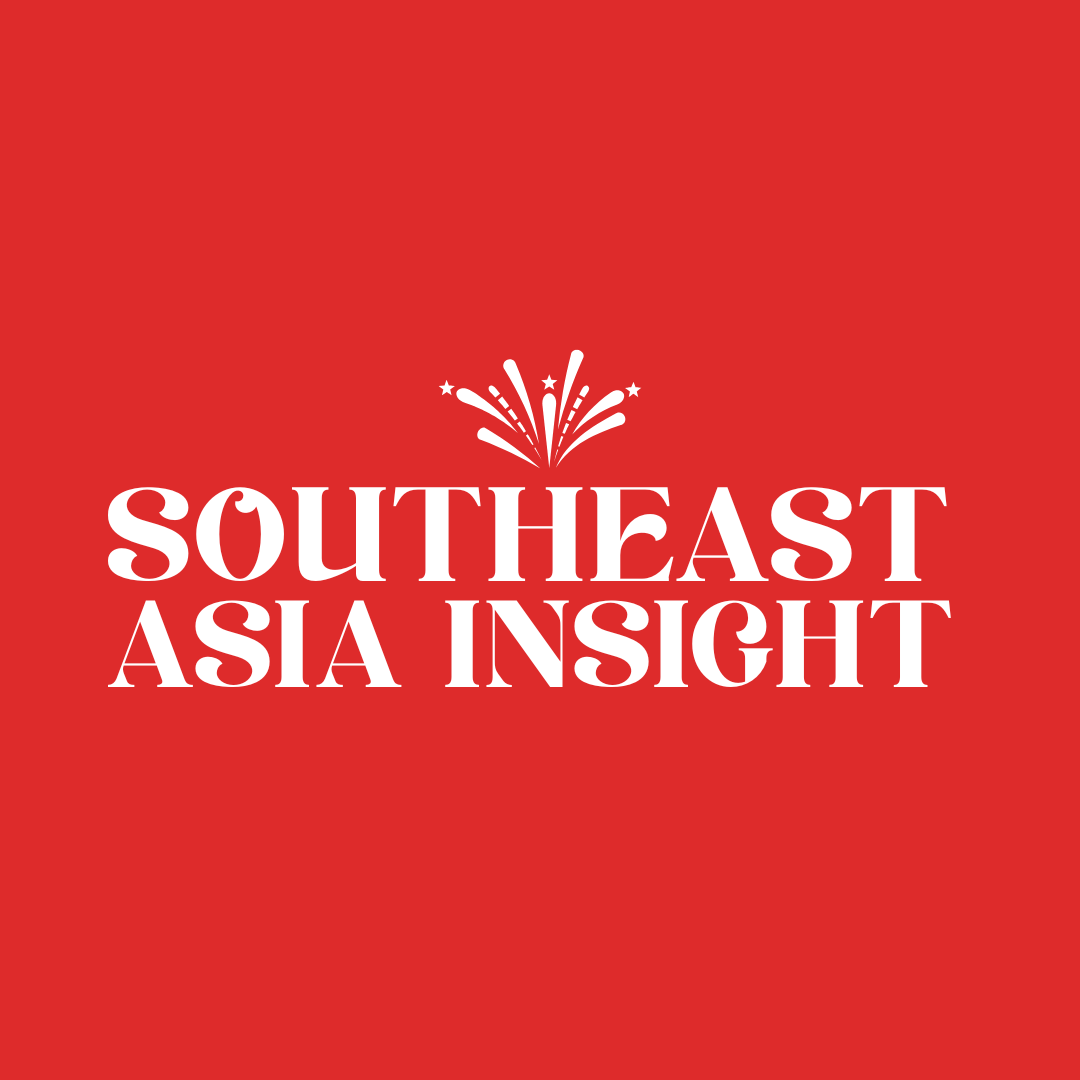Singapore's Waste Reduction Success Story: A Model for Sustainable Urban Development
Singapore demonstrates remarkable progress in waste reduction with per capita domestic waste falling by 19% over the past decade. This achievement highlights the city-state's effective environmental governance while maintaining economic growth, though new challenges in recycling rates emerge.

Singapore's modern waste management facility showcasing the city-state's commitment to environmental sustainability
Singapore Achieves Significant Progress in Waste Management
In a remarkable demonstration of environmental stewardship, Singapore has successfully reduced its per capita waste generation over the past decade, showcasing the city-state's commitment to sustainable urban development.
Key Achievements in Waste Reduction
Data released by Singapore's National Environment Agency (NEA) reveals impressive progress in domestic waste management. Daily household waste generation per capita has decreased significantly from 1.05 kg in 2014 to 0.85 kg in 2024, marking a 19% reduction.
Even more notable is the improvement in the commercial sector. The daily non-domestic waste generated per billion SGD of GDP has witnessed a substantial decline from 35 tonnes to 23 tonnes during the same period, demonstrating that economic growth need not come at the expense of environmental responsibility.
Challenges in Recycling Rates
Despite these achievements, Singapore faces new challenges in its recycling efforts. The overall recycling rate has experienced a decline from 60% to 50% over the decade, primarily due to two factors:
- Reduced construction and demolition waste volumes, which traditionally maintained high recycling rates
- A significant drop in paper recycling rates from 52% to 32%, influenced by economic factors including collection costs and commodity prices
Strategic Focus for Future Improvement
The NEA has identified key priority areas for continued improvement in waste management:
- Food waste reduction initiatives
- Paper recycling enhancement programs
- Plastics management solutions
These materials represent the largest components of unrecycled waste in Singapore, presenting significant opportunities for improvement in the nation's waste management ecosystem.
Wei-Ling Tan
Tech and economy specialist, covering innovation in Southeast Asia from Singapore for both English-language and regional media outlets.
